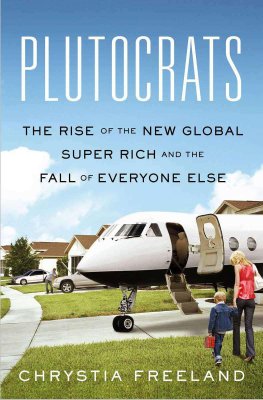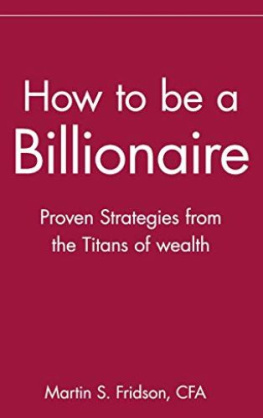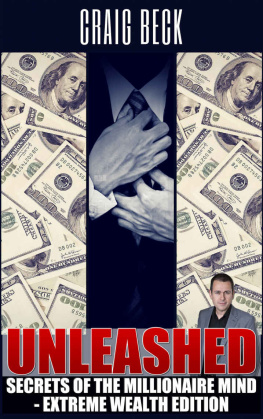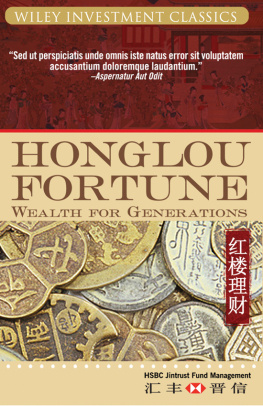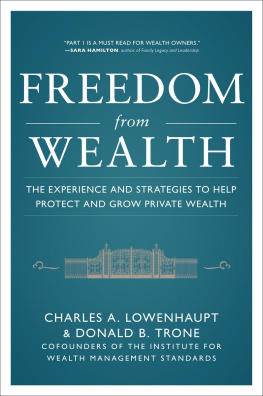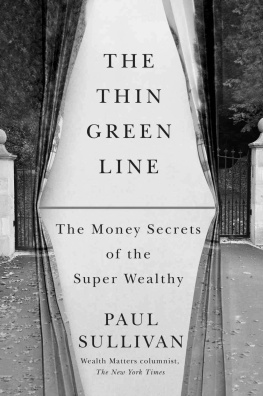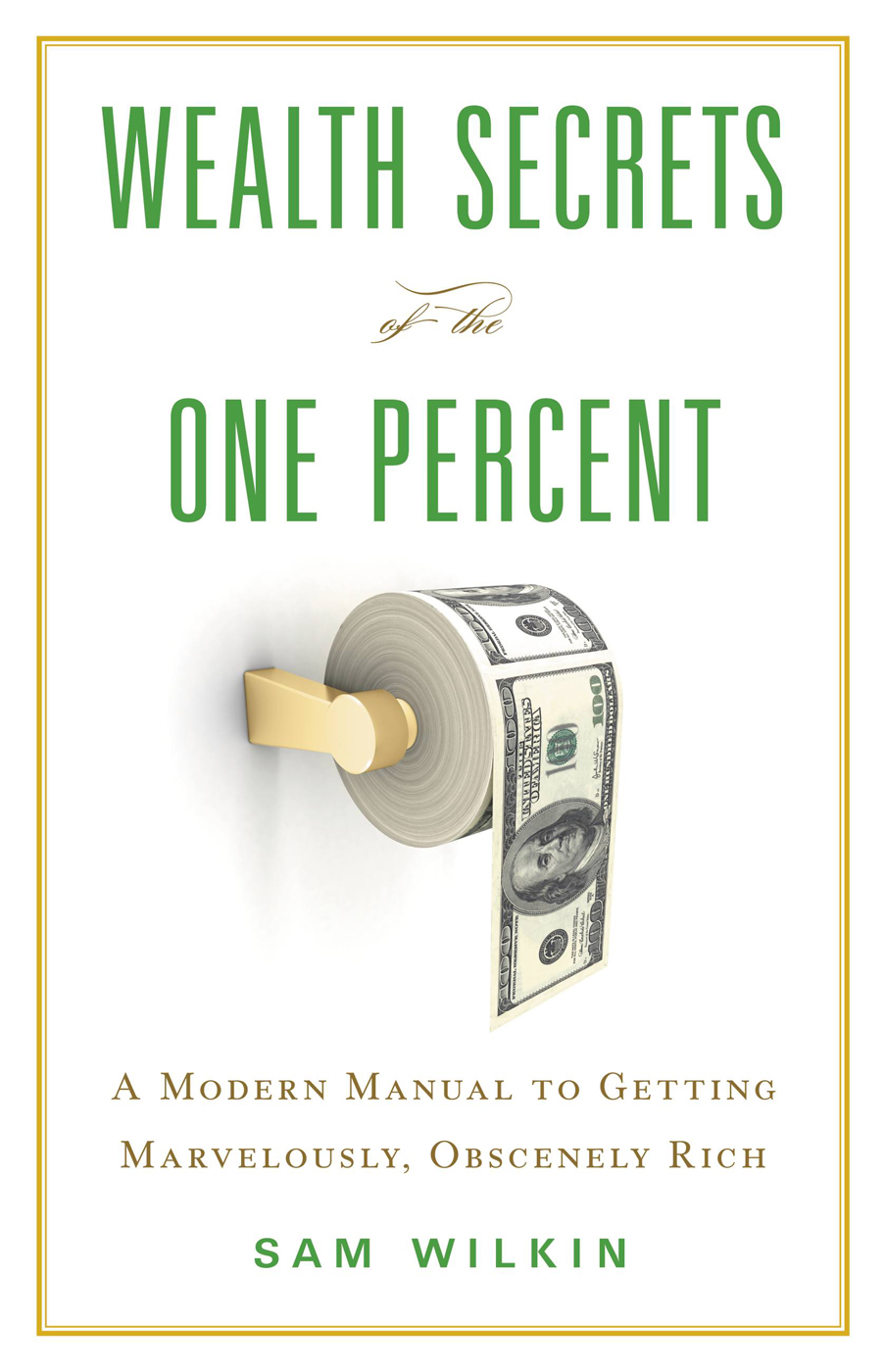Cover copyright 2015 by Hachette Book Group, Inc.
All rights reserved. In accordance with the U.S. Copyright Act of 1976, the scanning, uploading, and electronic sharing of any part of this book without the permission of the publisher constitute unlawful piracy and theft of the authors intellectual property. If you would like to use material from the book (other than for review purposes), prior written permission must be obtained by contacting the publisher at permissions@hbgusa.com. Thank you for your support of the authors rights.
Little, Brown and Company is a division of Hachette Book Group, Inc. The Little, Brown name and logo are trademarks of Hachette Book Group, Inc.
The publisher is not responsible for websites (or their content) that are not owned by the publisher.
The Hachette Speakers Bureau provides a wide range of authors for speaking events. To find out more, go to hachettespeakersbureau.com or call (866) 376-6591.

LET US ASSUME, dear reader, that you are interested in one thing and one thing only: obtaining a vast fortune. I do not mean a comfortable fortune that might afford a few homes in prime locations, an elite school for your children, a supercar, a modest entourage, a live-in nanny. I mean a fortune of yachts and personal helicopters, of diamond-encrusted light fixtures, of stately homes and private islands, of your name emblazoned upon landmark buildings and a charitable foundation bravely tackling world issuesa fortune equivalent to the economic output of a small country; a fortune that ensures your name echoes in eternity. Not a fortune numbered in the millions or even the hundreds of millions, but a fortune in the billions.
If such a vast fortune were your goal, how might you set about obtaining it?
That is the question this book seeks to answer, not with abstract theory, or implausible schemes you can carry out from home, or indeed metaphors about rats and cheese (well, maybe one or two metaphors about rats and cheese). I seek to answer this question by researching the relatively small number of people throughout history who have become staggeringly wealthy and the methods that they have used to do so. One surprising conclusion I come to is that, despite superficial differences, these methods have a great deal in common.
The instinctive advice most people would give on how to become rich is not wrongstart a business would no doubt be most popular, perhaps followed by go into investment bankingbut it is only partially right. An uncountable number of businesses are started every year in countries worldwide, and although many fail, there are still a great many that are successful and grow rapidly. Yet very few of the proprietors of even the most successful businesses become billionaires. And although there are many well-to-do investment bankers, perhaps surprisingly, few are able to join the superyacht class. Indeed, of the more than 1,600 billionaires in the world today, fewer than 50that is to say, less than 5 percentare bankers. In fact fewer than ten of the worlds billionairesless than 1 percentare bankers from the global financial centers of London or Wall Street. The majority of these rich bankers are, significantly, from the emerging world. One example is Roberto Gonzalez Barrera, a Mexican worth $1.9 billion, who came 683rd on the Global Rich List in 2012, and for whom Forbes listed as the source of his fortune banking, tortillas.
So, if not good career choices or business success, what is it that sets the superrich apart from the merely very, very well-off?
It is the central claim of this book that behind almost every great fortune is a wealth secreta moneymaking technique that, while not necessarily dirty, is not the kind of thing you would sprinkle on your breakfast cereal, give a baby to play with, or talk about in casual conversation with a member of the clergy. All of these wealth secrets involve some sort of scheme for defeating the forces of market competition. Most involve clever legal maneuvering or the exercise of political influence.
What I mean to imply is that, even in the modern day, if your goal is wealth, by all means apply yourself to the study of finance and commerce; but if your goal is vast, uncountable, truly extraordinary wealth, you need more. You need to know some wealth secrets.
You may wish to use this book as a manual to attain the opulence of your dreams. Indeed, I encourage you to do so, as this will produce more rich people about whom I can write a sequel. But I suspect there will also be readers who consider the book and its stories a critique of the world in which we live now, a world characterized by growing income inequality and the detrimental effects of that inequality upon public health and well-being. In the present day, the wide circulation of terms such as the one percent indicates that the general public senses something has gone awry with the rules of the game of capitalism. Yet, particularly in the United States, the self-made businessperson remains an untouchable icon. The man on the street tacitly understands that some financial gains of the past decade are not legitimate but would be hard-pressed to explain why. My book will satisfy this demand for explanations, giving the interested public a means to separate genuine entrepreneurs from those who areto quote Barack Obamagaming the system. These narratives of success will demonstrate why it makes sense both to celebrate entrepreneurship and to condemn the cases in which lines have been crossed, cases where we can justly call into question the legitimacy of the wealth accumulated over the past decade by a fortunate few.
And, more importantly, how you can join them.
THE ART OF THE POSSIBLE
In Charles Morriss book about the U.S. robber barons, he writes: Carnegie, Rockefeller, Gould, and Morgan would have been dominant figures anywhere. This is a commonly held view about the most successful individuals in any era. Great men, it is tempting to think, are great inevitably. Surely Carnegie and Rockefeller would have risen to the top, whether they had been born as peasants in medieval Europe, to a middle-class family in the present-day United States, or into a merchant caste in 1930s India.
I dont necessarily think that is the case. Time and place matter. So does luck. For Carnegie, for instance, an early oil-field investment that happened to pay off spectacularly (at $125 for every $1 invested), providing him with capital at a crucial time. For Rockefeller, being in the right line of work when the railroads came calling with a most unusual request. Did these individuals possess intrinsic qualities that all but guaranteed their rise to greatness? Perhaps. But that is not what interests me. This is not a book about


